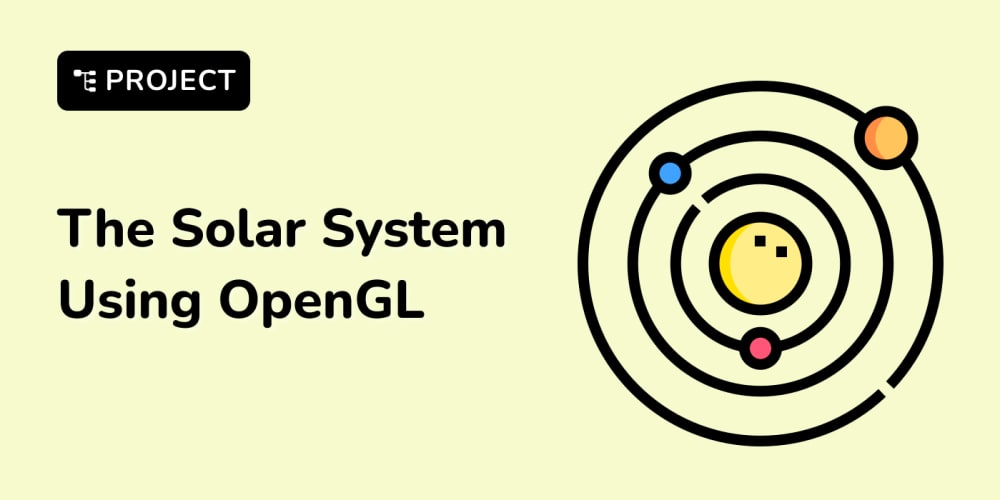The Next Evolution of the Internet: Web4
The internet has undergone numerous transformations since its inception, from static websites (Web1) to interactive platforms (Web2), and decentralized networks with blockchain technologies (Web3). However, the next stage of evolution, Web4, represents a fundamental realignment: it brings communities back to the forefront and offers an alternative to major internet monopolies like Meta and TikTok. In this article, we delve into the concept of Web4 and how it aims to revolutionize the digital landscape through free, democratic, and small social networks. In another article, we will then explain the deeper roles that AI and decentralization will have in Web4.
What is Web4?
Web4 aims to liberate the internet from centralized, monopoly-like structures and instead promote decentralized, community-focused networks. These networks are based on democratic principles, where users are not just participants but also co-creators of the platforms.
Web4 is already a concept that is standing today and being built by companies and startups like Linkspreed.
The Vision of Web4
The vision of Web4 is built on the following core principles:
- Decentralization: Instead of centralized platforms controlled by a few large corporations, Web4 aspires to a distributed network structure. This enhances user control over their own data and interactions.
- Democratization: Web4 encourages user participation and co-determination. Through decentralized governance models, users can vote on important changes and policies.
- Community Focus: At the heart of Web4 is the empowerment of communities. Users are encouraged to form smaller, specific networks that reflect their interests and values.
Advantages of Web4 Over Traditional Social Networks
- Privacy and Security: Web4 employs advanced security protocols and encryption technologies to protect user privacy. Unlike major platforms often plagued by data breaches, Web4 places a high priority on safeguarding personal data.
- Transparency and Fairness: Decentralized structures and transparent governance models ensure that decisions are made openly and fairly. Users have visibility into all processes and can actively participate in them.
- Monetization and Value Creation: Web4 introduces new ways to monetize content, where users can directly benefit from the value they create. This can be through tokenization, micro-payments, or other innovative models.
Examples of Web4 in Practice
Several platforms and projects are already working on implementing Web4 principles:
- Linkspreed’s Web4: Linkspreed is a pioneer in the Web4 space, offering a platform based on decentralization and community focus. Users can organize into specific networks and actively participate in shaping the platform.
- Web4.one and Explore Web4: These platforms provide deep insights into the technical and social innovations that Web4 brings. They serve as hubs for developers and users interested in advancing Web4. These platform services are also provided for free by Linkspreed.
Challenges and Future Prospects
Like any new technology, Web4 faces challenges. These include the technical implementation of decentralization principles, ensuring user-friendliness, and overcoming legal and regulatory hurdles. Nevertheless, Web4 presents a promising vision for the future of the internet, based on collaboration, fairness, and community-driven value creation.
Conclusion
Web4 represents a radical realignment of the internet, where communities and democratic principles take center stage. By promoting decentralized, free, and small social networks, Web4 offers an alternative to existing internet monopolies and paves the way for a fairer and more secure digital future.



















